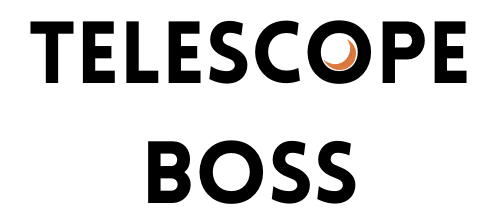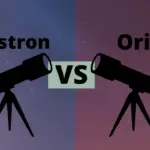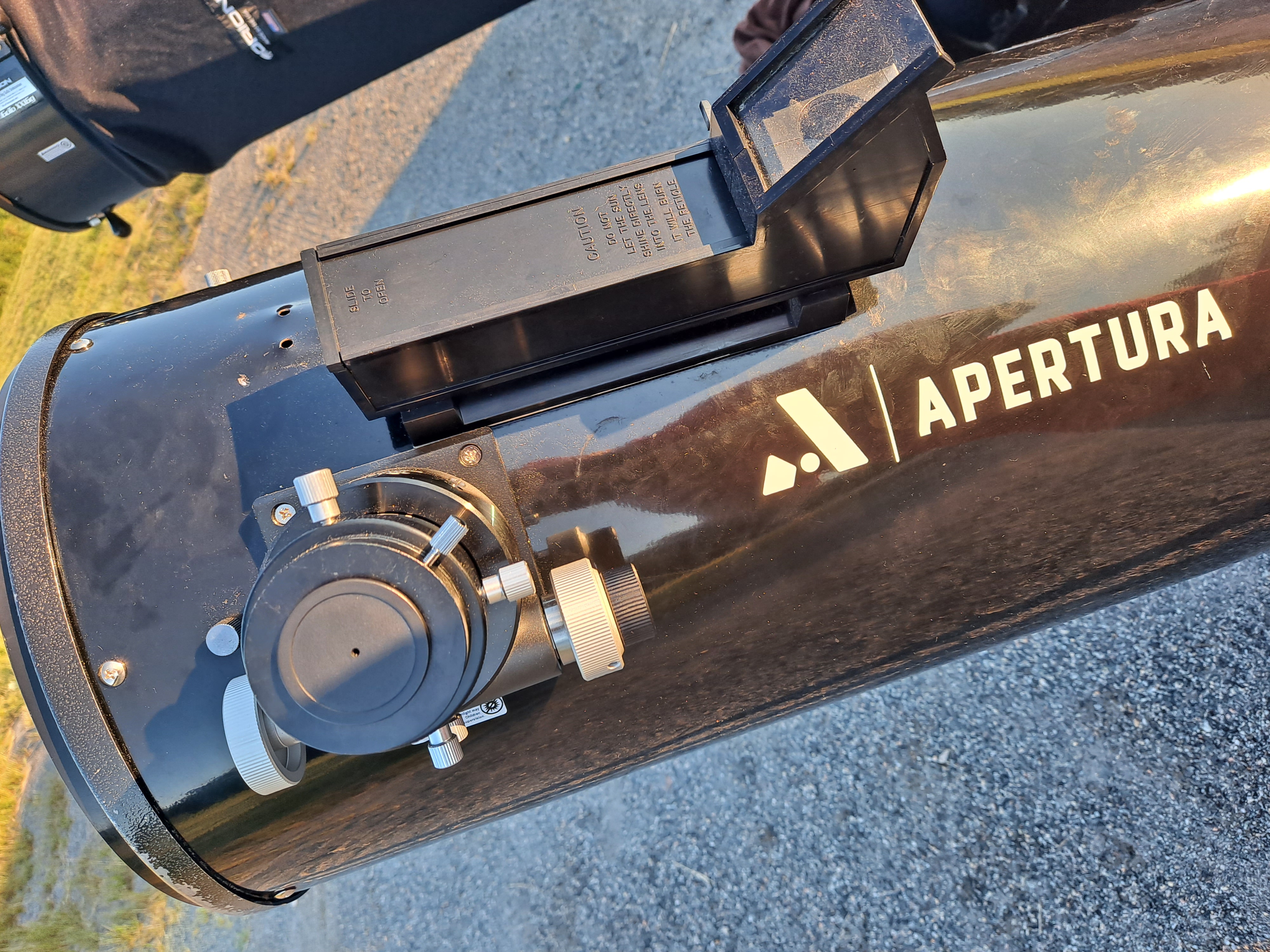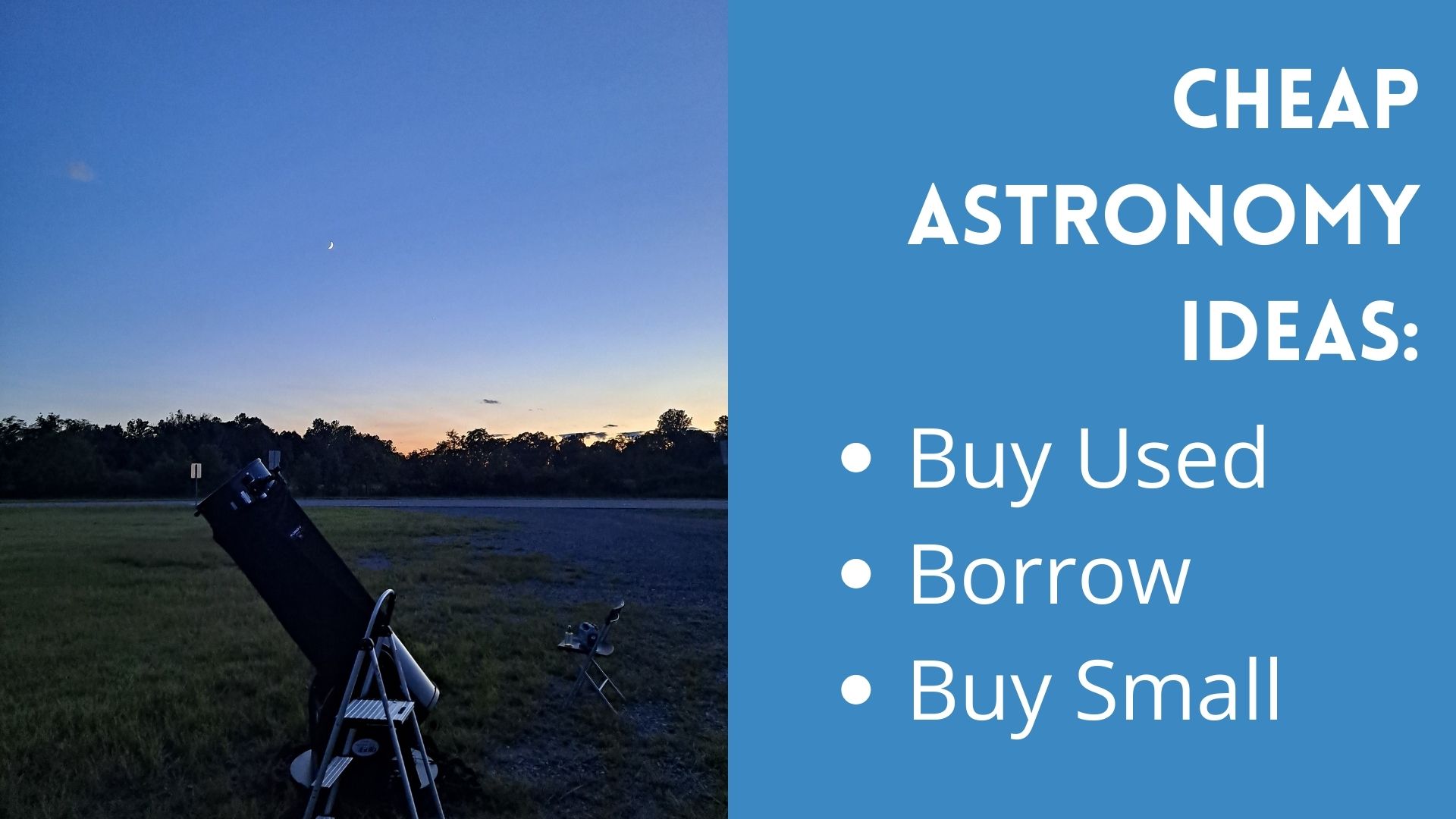Every beginner should start out with a Dobsonian mounted Newtonian reflector. These telescopes allow you to see deep into space, they are intuitive to use, they are sturdy and can be used for years to come.
Now, I know that there are pros to refractor telescopes, but for a beginner I can only recommend a reflector telescope.
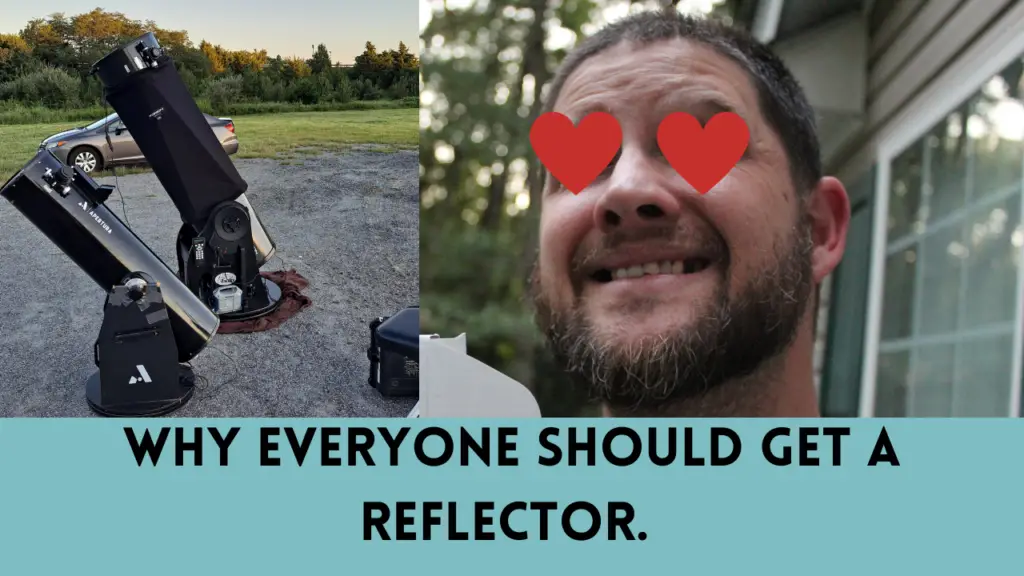
Reflector telescopes are lower cost for larger aperture and they can be mounted on low cost Dobsonian mounts. I think this is the ideal combination for a beginner as they will give you the most beautiful views of the skies as you learn.
Reflector telescopes use mirrors instead of lenses to collect and focus light, mirrors are less expensive to produce at large sizes. This makes larger aperture (light gathering power) less expensive with a reflector, and aperture is king when it comes to visual observing.
I have a reflector, I have had 2 reflectors and I have never owned a refractor.
Reflector vs Refractor Telescopes
The difference between a reflector and a refractor is the way they collect and focus light. A reflector bounces light between two curved mirrors to focus the light to the eyepiece. Refractor telescopes collect light with curved lenses and focus the light to the eyepiece. The optical path of the light is shorter and straighter in a refractor telescope.
Refractor telescopes are almost always smaller than reflector telescopes, making them easier to transport, set up and store.
Reflector telescopes require collimfation or alignment of the mirrors frequently to ensure excellent performance.
Reflector telescopes have the eyepiece on the side of the telescope making viewing more comfortable in many positions. Refractor telescopes have the eyepiece at the end of the scope and it can be harder to observe objects that are high in the sky.
Refractor telescopes tend to require more expensive mounts. Many beginner refractor telescopes have mounts that are shaky and difficult to use. Large reflector telescopes on Dobsonian mounts are low cost and steady.
Overall it is just more affordable to produce a high quality reflector telescope than a reflector. This makes reflectors the best choice for beginners.
Reflector telescopes cause the stars to appear to have diffraction spikes. Diffraction spikes are the lines that come from the stars. Diffraction spikes are caused by the spider veins, they are the plastic or metal supports that hold the secondary mirror in place, diffraction spikes will mirror the placement of your spider veins. When you look at stars with a refractor telescope stars will not have diffraction spikes.
Refractor telescopes can have difficulty with chromatic aberrations, these are distortions in the color of objects you are viewing. While reflector telescopes do not have problems with chromatic aberrations, eyepieces can cause visual abnormality with both types of telescopes.
Beginner Telescope: Reflector or Refractor?
When you get started in astronomy there is going to be a learning curve no matter what telescope you choose. There is so much to learn; the constellations, acclimation and dew control, operation of the scope, transporting, care and cleaning, eyepieces, collimation and focusing.
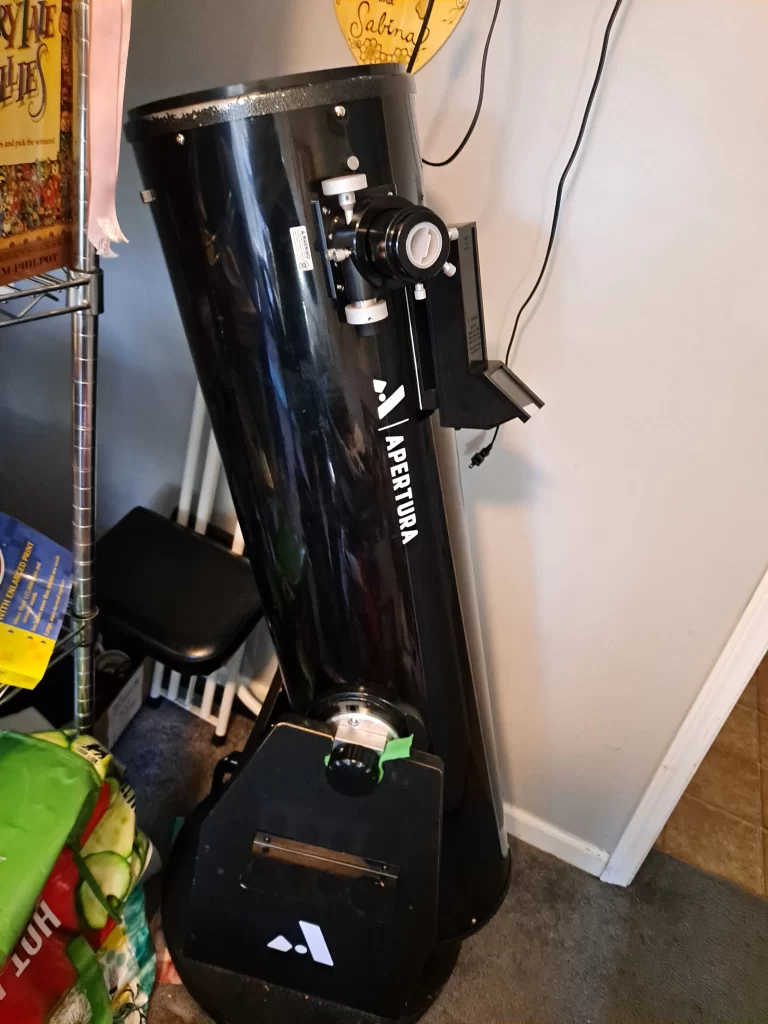
I recommend that every beginner choose a reflector telescope on a Dobsonian Mount. This is the highest quality telescope for the lowest price. Reflectors also make it more affordable to get a larger aperture which means brighter images while observing. Aperture is a measure of how much light can enter your telescope.
Dobsonian mounts are sturdy and stable and they are placed right on the ground. I find them easy to set up and easy to transport, it fits in my small car.
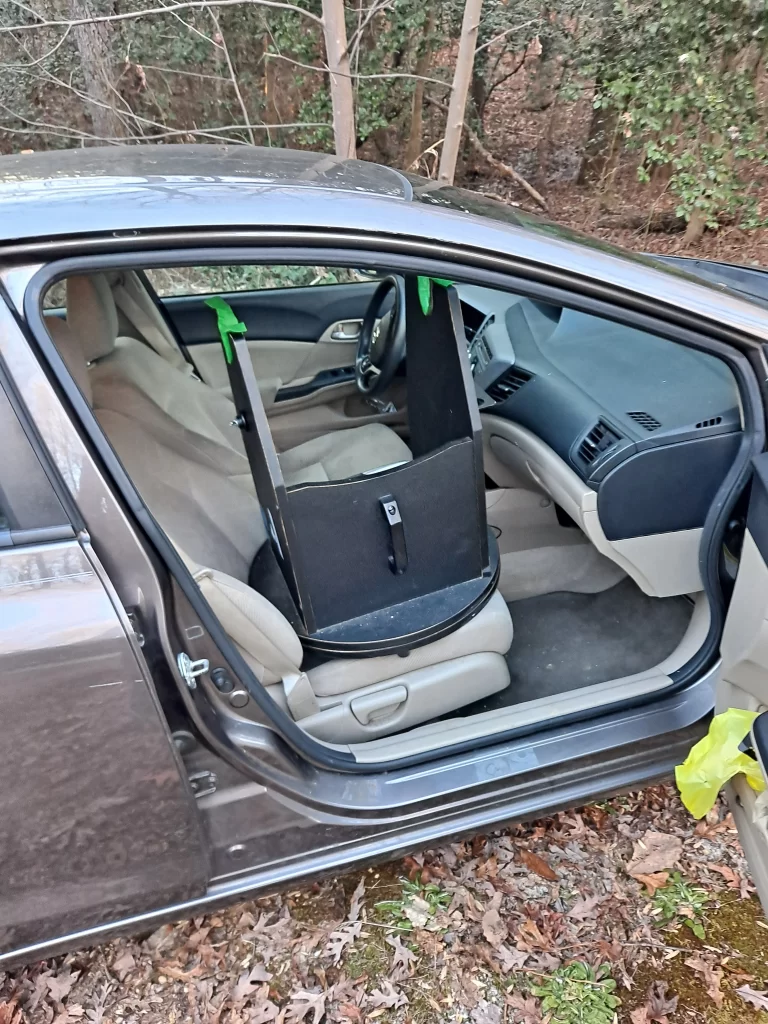
When you choose a reflector the first skill you will need to learn is collimation. I have a video and a post you can read on the subject. I am not going to pretend that this is easy, it is so hard the first time you do it, but very easy and quick when you have learned how to do it.
My only reservation when recommending a large reflector telescope for beginners is the setup time. It does take some time to move my scope and set it up. I have a friend Jeff Charles who has a refractor set up for solar observing and he is using it all the time. He probably has more hours behind the scope than I get in many months with my larger scope.
So, while I wholeheartedly recommend a Dobsonian, the best scope is the scope you use. Consider your situation and how and where you will be setting up.
If you plan to set up in your backyard or driveway and will only be moving the scope occasionally, get the biggest aperture possible.
A Reflector To Avoid
There are 5 main types of reflector telescopes:
Newtonian Reflector
Schmidt Cassegrain
Gregorian
Bird Jones
Liquid Mirror
They are all fine, except the Bird-Jones.
Bird-Jones telescopes have a terrible reputation online and it is for a good reason. The Bird-Jones type of telescope is a difficult telescope to manufacture well, so most of the ones that have been manufactured are of very low quality.
Bird-Jones telescopes are very difficult to collimate and very difficult to use.
Bird-Jones telescopes are often advertised as Newtonian Reflectors, because they technically are, but they use a corrector plate that changes its inner workings.
You can identify a Bird-Jones telescope by looking at the length of the optical tube and the focal length, for most reflector telescopes the focal length and the optical tube length will be very close to identical. Bird-Jones doubles the focal length within the optical tube.
Read more and see some examples of Bird-Jones telescopes in the linked article.
Reflector or Refractor for Travel?
While I love reflector telescopes and I think everyone should have one, I must admit that refractor telescopes are better for travel in many situations.
I have an Orion XX16G telescope, it is a very large and heavy telescope, and I travel with it very often. We will be taking extensive road trips this summer and we will be taking the telescope with us in our custom Skoolie Astro-Bus, so it is possible to travel with a large reflector.
The size of most reflector telescopes make it impractical to travel with the scope on a plane or train.
Traveling with a refractor is easier if you will need to carry your equipment, like on a plane or train. These compact telescopes often come with travel cases that make them incredibly portable.
Remember that if your telescope is mounted on an EQ mount, you will need to carry counterweights.
